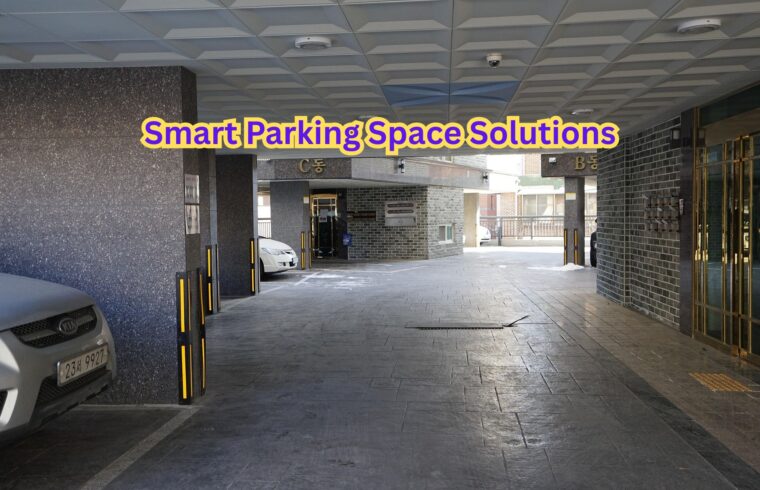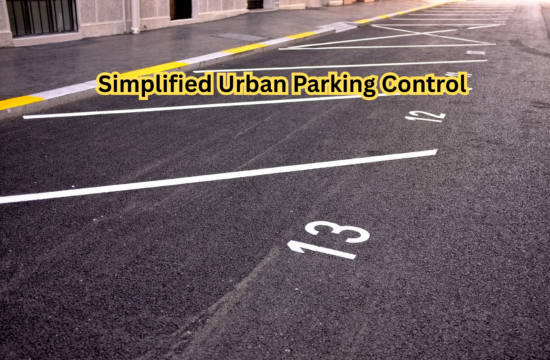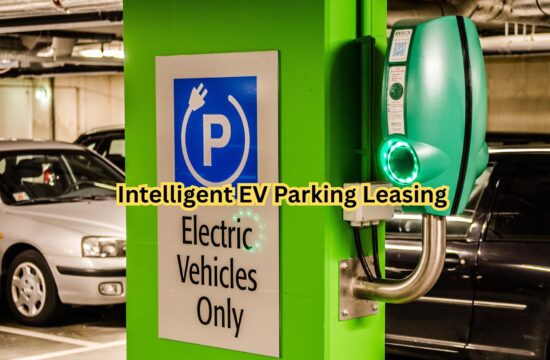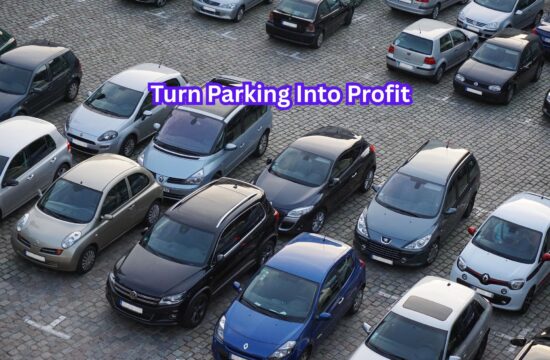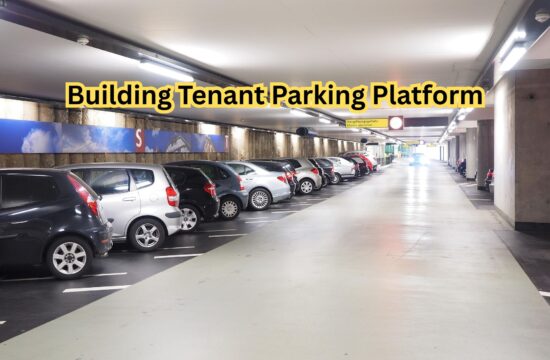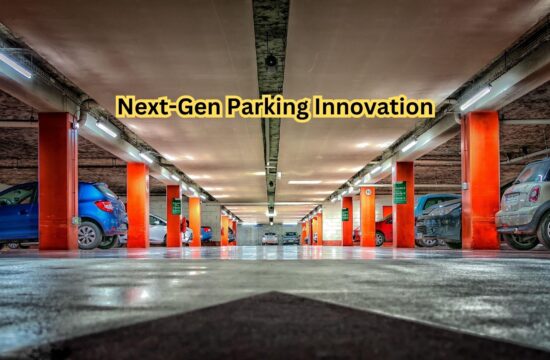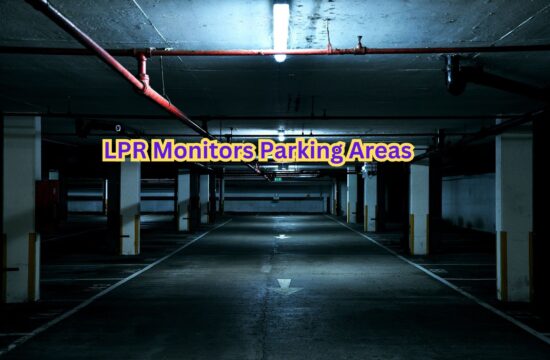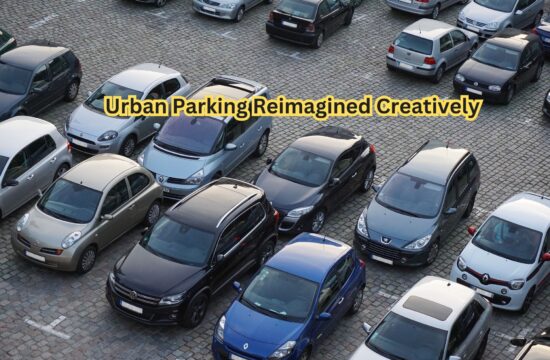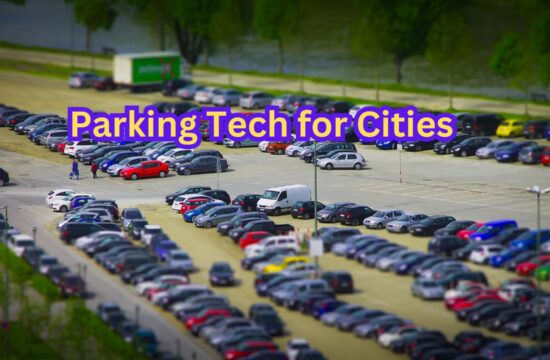Smart Parking Space Solutions are becoming increasingly vital as conventional parking systems struggle to keep pace with the rising number of vehicles and growing metropolitan populations. By leveraging advanced technology to efficiently manage and optimize parking areas, Smart Parking Space Solutions offer a much-needed upgrade to urban infrastructure. These innovative systems are designed to reduce emissions, minimize traffic congestion, and significantly enhance the overall parking experience. With the ability to guide drivers to available spots in real-time and streamline parking operations, Smart Parking Space Solutions are paving the way for smarter, greener, and more efficient cities.
How Smart Parking Works
Sensors, cameras, and real-time data analytics are used by smart parking systems to keep an eye on parking availability. Mobile applications that direct drivers to open spots allow users to examine real-time parking information. This reduces needless driving and fuel use in addition to saving time.
Key Technologies Behind Smart Parking
Smart parking relies heavily on Internet of Things (IoT) devices, cloud computing, and machine learning. Sensors detect the presence of vehicles, while cloud platforms store and analyze data. Some systems also use AI to predict parking demand and adjust pricing dynamically for better space utilization.
Benefits for Urban Areas
By directing cars to open spaces, smart parking helps clear congested metropolitan streets. As a result, there is less traffic, less pollution, and better air quality. The information gathered can also be used by city planners to decide on upcoming infrastructure initiatives.
Economic and Environmental Impact
Smart parking solutions help save money and preserve the environment by reducing fuel waste and optimizing space utilization. Businesses benefit from increased customer satisfaction thanks to these technologies, while municipalities can increase their revenue through better facility management.
Challenges in Implementation
Smart parking systems have drawbacks despite their advantages, including expensive upfront costs, privacy issues with data, and ongoing maintenance requirements. Ongoing technological developments, however, are increasing the security and accessibility of these solutions.
Future of Smart Parking
Increased integration with autonomous vehicles, smart cities, and electric vehicles is key to the future of smart parking. We may anticipate even more effective, sustainable, and user-friendly parking solutions that are suited to a variety of urban needs as AI and IoT technology advance.

